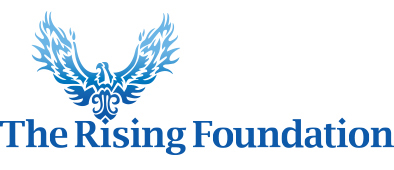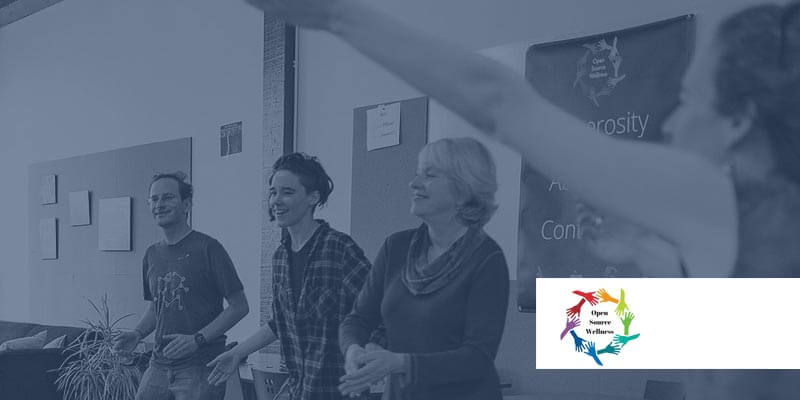Despite the miracles of modern medicine, the U.S. healthcare system has been notably ineffective in the prevention and reversal of chronic diseases such as obesity, diabetes, hypertension, cardiac disease, and depression. The costs of this ineffectiveness are astronomical, and can be measured in dollars of medical spending (preventable chronic disease contributes more than 86% of the $3.2 trillion spent on healthcare), productivity loss, and quality of life.
Our mission is to generate health and decrease chronic disease by facilitating the practices underlying physical and psychological well being for diverse, low-income, and under-resourced populations. Open Source Wellness has developed an innovative, transdiagnostic, and experiential model for supporting health behavior change, by facilitating the basic practices that underlie physical and psychological health outcomes (physical movement, healthy meals, stress reduction, and social support). Our work spans the clinical-community continuum, collaborating with healthcare providers to fill “Behavioral Prescriptions,” and working deeply within communities to build trust, social capital, and peer leadership around health and well being.
Open Source Wellness partners with FQHC’s to deliver virtual group medical visits, and achieves both clinical outcomes and a revenue-positive implementation for the clinic: due to dramatically increased billing, the clinic generates more revenue than it costs to contract with OSW. The earning power of this model has been well-documented, and is compelling to potential clinical FQHC partners. However, in sharing about the OSW group medical visit partnership model, we find that FQHC CFO’s are understandably risk-averse, focused on avoiding any possible loss especially during a time of lost revenue, diminished billing, and massive operational changes due to COVID-19. While they fully understand that partnership with OSW would in fact generate additional revenue for their clinics, the risk of committing to a financial contract before revenues increase is intolerable.
In response to this challenge, the OSW leadership team and board are committed to researching, designing, and implementing a risk reduction system for new clinical partners, effectively removing barriers to implementation in clinics and communities of color that are resource-strapped and understandably cautious about contracting with community partners.


